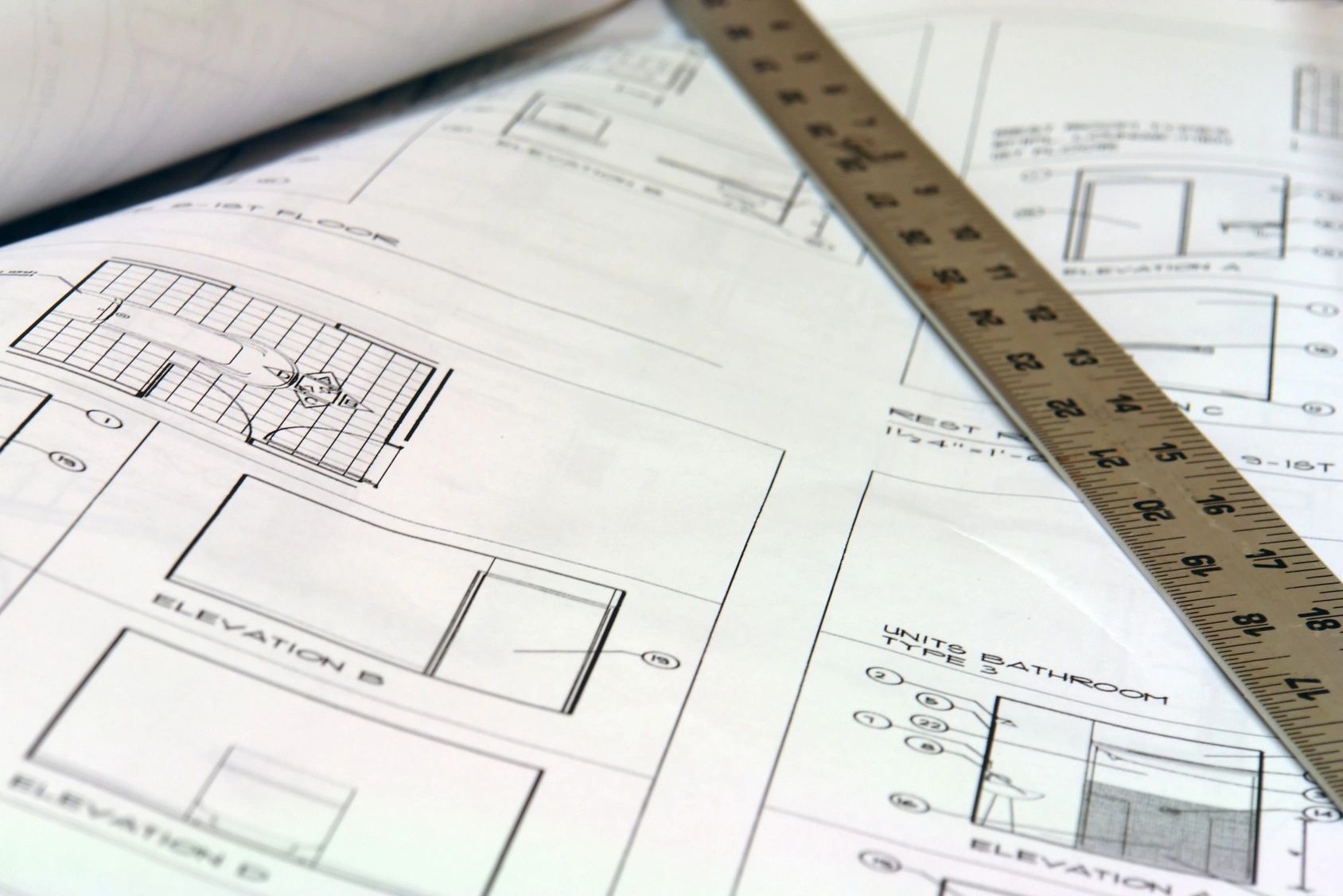Responsibilities Of the Appraiser
Work of an appraiser is to guide the client while buying a home and provide
correct price estimations.

The Inspection
So what goes into a real estate appraisal? It starts with a physical inspection which includes interior and exterior observations of the improvement. An appraiser’s duty is to inspect the property being appraised to ascertain the true status of that property.
The appraiser examines all the features - such as bedrooms, bathrooms, and location to ensure that they exist and are in the condition a reasonable buyer would expect them to be. The inspection often includes a sketch of the property, ensuring the proper square footage and conveying the layout of the property.
Most importantly;
The appraiser looks for any obvious features or defects that would affect the value of the house. Once the site has been inspected, an appraiser uses two or three approaches to determine the value of the property - a cost approach, sales comparison and in the case of a rental property, an income approach.
The cost approach is the easiest to understand. The appraiser uses the information on local building costs, rates, and other factors to determine how much it would cost to construct a property similar to the one being appraised. This value often sets the upper limit on what a property would sell or why would you pay more for an existing property if you could spend less and build a brand new home instead. While there may be mitigating factors such as location and amenities, these are usually not reflected in the cost approach.
Sales comparison appraisers rely on the sales comparison approach to determine features, such as location and amenities. They get to know the neighborhoods in which they work and understand the value of certain features to the residents of that area. They know the traffic patterns, the school zones, the busy throughways. This information is used to determine which attributes of the property make a difference in the value.
Then, the appraiser researches recent sales in the vicinity and finds properties that are "comparable" to the subject being appraised. The sales prices of these properties are used as a basis to begin the sales comparison approach using knowledge of the value of certain items such as square footage, extra bathrooms, hardwood floors, fireplaces or view lots (just to name a few).
The appraiser adjusts the comparable properties to more accurately portray the subject property. For example, the comparable property has a fireplace and the subject does not, the appraiser may deduct the value of a fireplace from the sales price of the comparable home. If the subject property has an extra half-bathroom and the comparable does not, the appraiser might add a certain amount to the comparable property.
In the case of income-producing properties - rental houses for example - the appraiser may use a third approach to valuing the property. In this case, the amount of income the property produces is used to arrive at the current value of those revenues over the foreseeable future.
Selling A Home
Whether you choose to sell your home independently or with the assistance of a real estate agent, a professional appraisal helps make an educated decision when determining your selling price, Unlike a real estate agent, appraisers have no vested interest in the amount a property sells for, its easy for them to step in and give you the information to help you make your decision.
Appraiser fees are based on efforts to complete the report, not a percentage of the sales price. Seeking a professional appraisal helps homeowners make the best decisions on investing in their homes and setting forth sales.

